In fifty countries worldwide there are organisations collecting seeds. The common aim is to collect and preserve seeds whilst always trying to improve the means for such collection.
The seeds come mainly from alpine, dryland, coastal and island ecosystems. This is because these areas are the most vulnerable to changes in the climate and therefore most at risk.
The seeds are kept in banks in their country of origin, with duplicate samples being sent to Kew’s Millenium Seed Bank where facilities are state-of-the-art.
The Millenium Seed Bank looks for plants that can only be found in specific habitats, that are important economically, or endangered. Such global work helps nations meet international objectives such as those laid down by Global Strategy for Plant Conservation and the Millennium Development Goals of the United Nations Environment Programme.
Collecting and storing plants on a global scale like this has many advantages, including resources for future research into cures for diseases like cancer. In times of crop destruction by inclement weather, stored seeds can provide a new hope for the future.


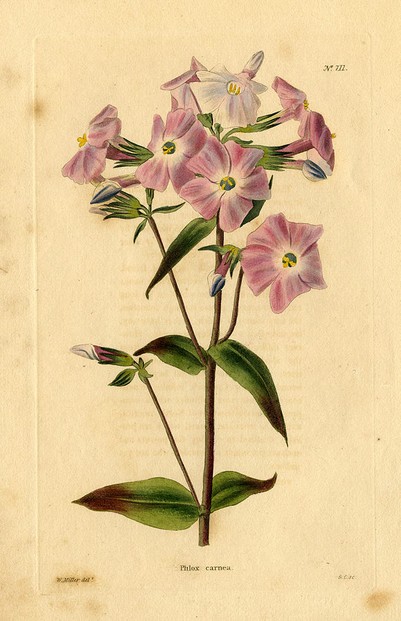

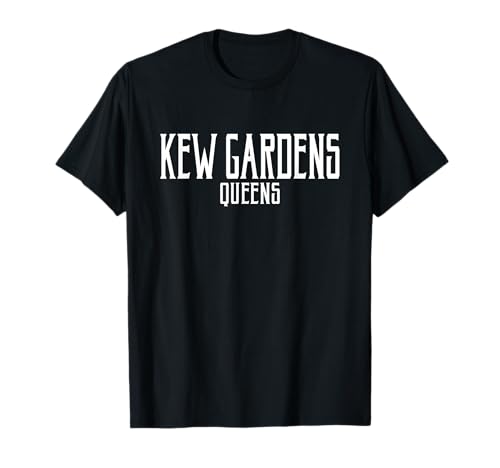

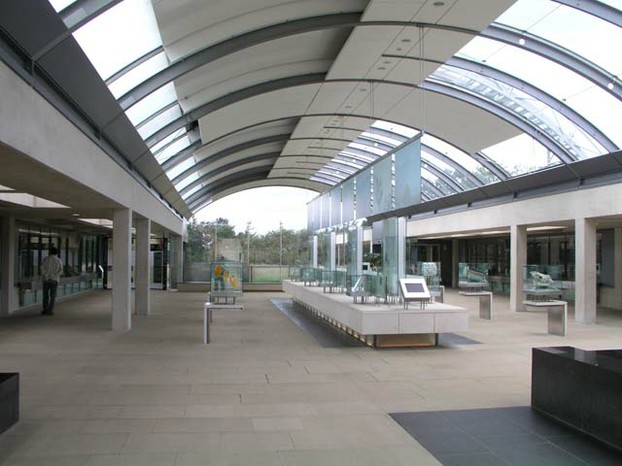




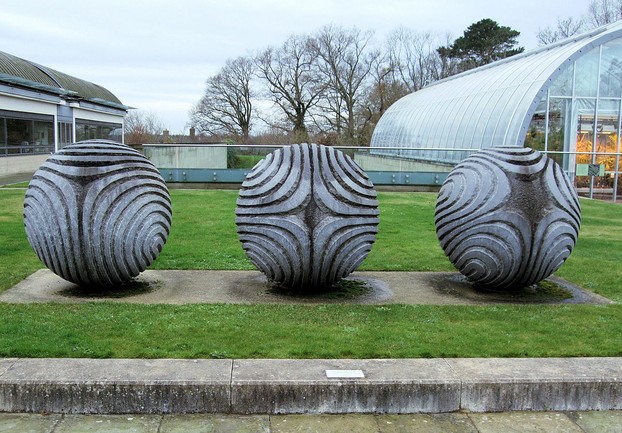



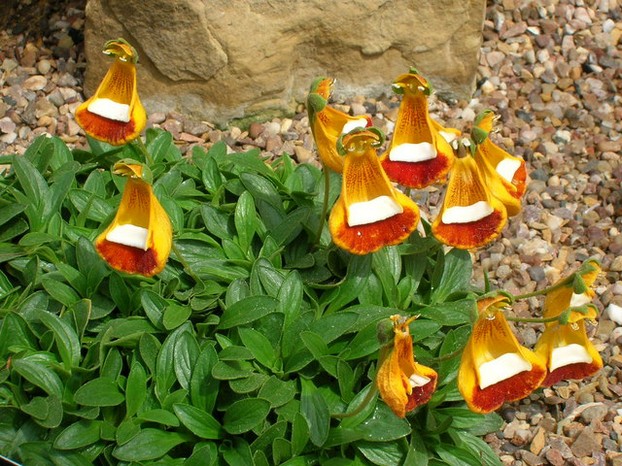
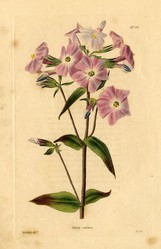

 How to Choose a Walking Cane or Stickon 08/01/2014
How to Choose a Walking Cane or Stickon 08/01/2014
 Michael Miller Fabulous Fabric Swatches for Quilting, Crafts etcon 07/02/2014
Michael Miller Fabulous Fabric Swatches for Quilting, Crafts etcon 07/02/2014
 The Drama of Life in the Rock Poolon 06/08/2014
The Drama of Life in the Rock Poolon 06/08/2014
 The Flâneur - Symbol of Modernity in 19th Century Parison 05/09/2014
The Flâneur - Symbol of Modernity in 19th Century Parison 05/09/2014

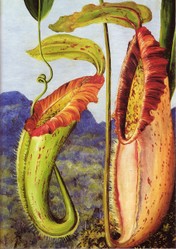
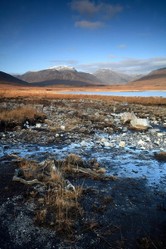
Comments
Chevri, I M glad you enjoyed my article. Thanks for your nice comment. :)
Saving seed and sharing is such fun. Lovely article!
Thank you! :)
I'm pinning this one on my My Wizzley Writing Board.
I agree WriterArtist! I expect we will soon be able to resurrect extinct species as science seems to be moving forward in this direction - or is that just dinosaurs! :)
With depleting green cover the trees are facing threat, this move of saving the precious seeds is great. We should also conserve forest territories and try growing these extinct species.
VioletRose - Thank you for your lovely comment - yes, they are really doing a good job!
It is sad that many valuable plants are at the verge of extinction. It is really a great attempt by the Millennium Seed Bank to preserve the seeds. Thanks for sharing this great article!
I agree. It's a great venture.
I love the idea of saving heirloom seeds so they don't become extinct.